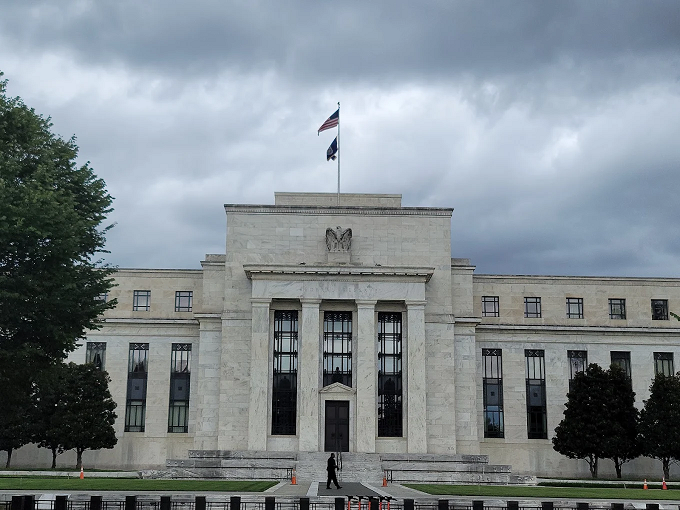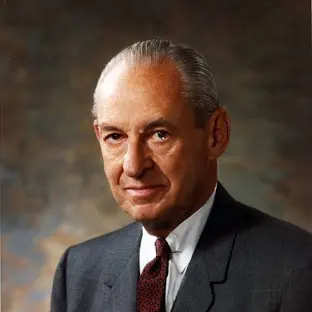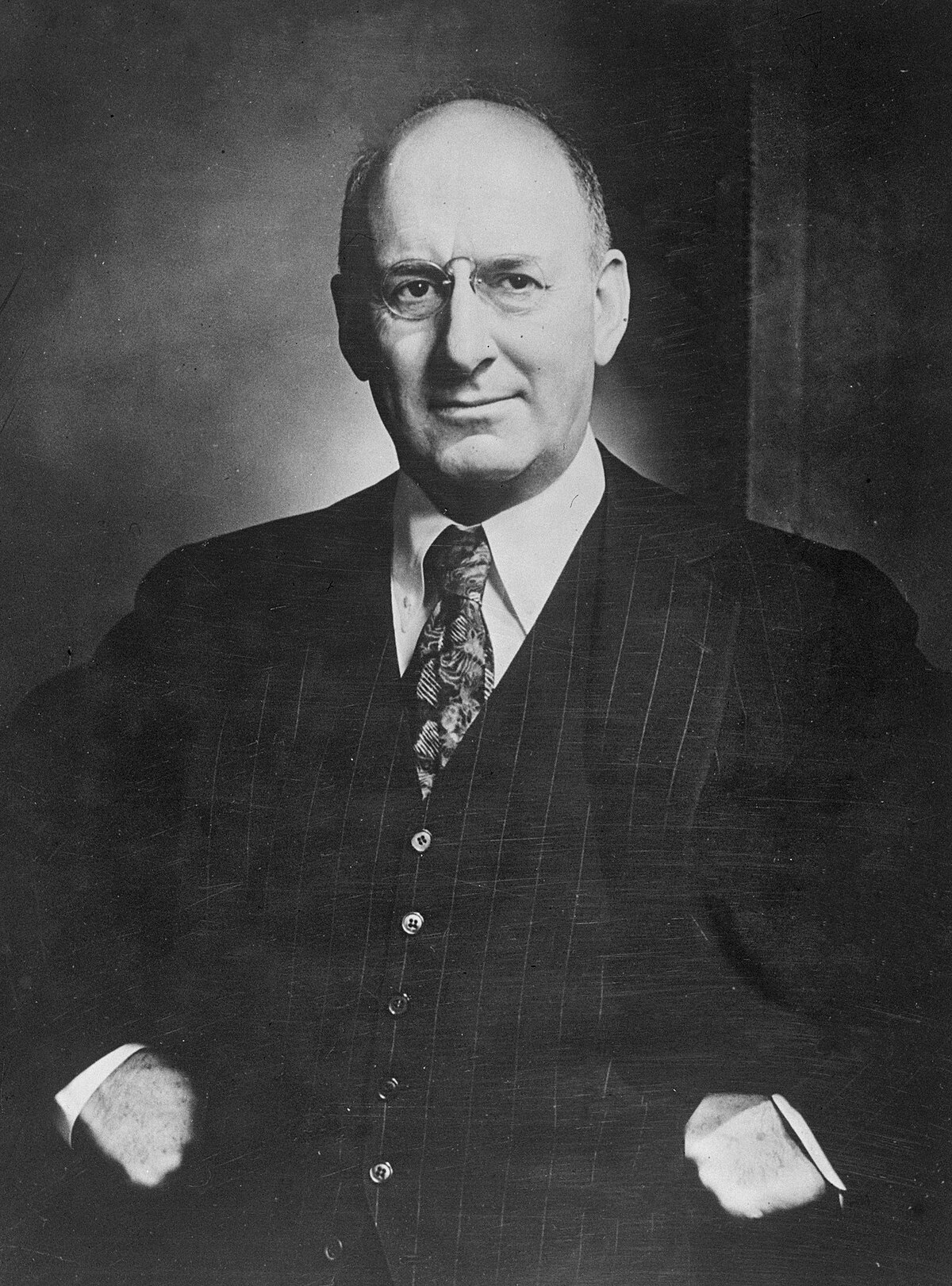Summary – A top-down review of interesting calls and comments made last week in Treasuries, monetary policy, economics, stocks, bonds & commodities. TAC is our acronym for Tweets, Articles, & Clips – our basic inputs for this article.
Editor’s Note: In this series of articles, we include important or interesting Tweets, Articles, Video Clips with our comments. This is an article that expresses our personal opinions about comments made on Television, Tweeter, and in Print. It is NOT intended to provide any investment advice of any type whatsoever. No one should base any investing decisions or conclusions based on anything written in or inferred from this article. Macro Viewpoints & its affiliates expressly disclaim all liability in respect to actions taken based on any or all of the information in this article. Investing is a serious matter and all investment decisions should only be taken after a detailed discussion with your investment advisor and should be subject to your objectives, suitability requirements and risk tolerance.
1. Happy 4th to Everyone
Allow us to wish all a very Happy & Proud 4th:
2. A Memorable 4th!
As we write this piece, we keep feeling that this 4th, or July 4, 2025, might prove to be a significant one, indeed a memorable one!
Today President Trump signed the “Big Beautiful Bill”, an important achievement given the storm of opposition he had to triumph over. And it was achieved after 6 months of intense opposition and a stormy & dangerous correction in the stock market. But he held steadfast along with his hand-picked team and the US Stock Market averages closed on Thursday at another all-time high.
Before we get to the key issues of the next stage of the Trump Presidency, we think it is important to remember critical challenges that faced America since its foundation and how America triumphed & moved to greater greatness by overcoming those challenges.
3. 1802-1803
Mr. Thomas Jefferson was a firm believer in States Rights & an opponent of overly strong Federal power. So much so that he opposed the efforts of Alexander Hamilton to create the Treasury Department. He became President in 1801 & soon turned into someone he himself might not have imagined. America in 1801 was simply a collections of colonies turned into states along the Atlantic coast. There was no breadth to the new country, breadth that might give America room & freedom to grow.
Lo & behold, just one year into his term, President Jefferson got the opportunity to acquire the City of New Orleans & the entire Louisiana territory for a paltry sum of $15 million. With that purchase, America overnight doubled or more in size, got a huge grain-producing region & enormous rivers like Mississippi that became the spinal connections of America. and the Port of New Orleans enabled America to become a major player in Global Trade.
The Treaty was signed on April 30, 1803 & President Jefferson said:
- “From this day, the US take their place among the Powers of the First Rank”
He announced this Treaty to the American People on 4th July 1803. Today it seems crazy to read that President Jefferson faced enormous opposition to this Treaty & it was ONLY passed by the Congress by a 2-vote margin in a 59-57 vote. Watch the simple but informative clip below:
The Federalist Party opposed the acquisition intensely because they wanted the US to maintain friendly relations with Britain & they didn’t think New Orleans was worth the risk. That brings us to the next challenge:
4. Battle of 1812-1815
Despite what the Federalist Party thought, it turned out that Britain was fully aware of the importance of New Orleans. In 1812, Britain invaded the new USA in the Northern Midwest through Canada & the Washington DC area through Chesapeake Bay. The Brits marched into Washington DC and burnt it down. After that, the Brits were defeated in several battles including Fort McHenry near Baltimore where the bombardment inspired the Star Spangled Banner.
But the most important battle of that war was at New Orleans where the British sent 60 ships with 14,450 soldiers of what they called the best army in the world. Losing New Orleans to the British would have been a mortal blow to the new USA. All that stood between the Brits & New Orleans was a small group of fighters under Andrew Jackson. The difference was Commander Jackson’s smarts & leadership and the extremely accurate shooting of American volunteers comprised of veteran hunters.
In a stunningly one-sided battle the British casualties were 828 killed & 2,500 injured while Jackson’s army only lost 8 killed & 14 wounded. This stunning tale of strategy & tactics is best watched in the clip below:
After that battle, the Brits left the young America well alone and Andrew Jackson went on to become the President of the USA.
The above, the biggest challenge to young America, was about 39 years after American Independence in 1776. About 45 years later, America faced the biggest challenge to its homogeneous existence. This was unique because this was not a challenge from an external entity. Instead, it was an internal eruption that threatened to break up the country.
5. US Civil War & President Lincoln
Everybody knows about the US Civil war. Most know that the war resulted in about 750,000 deaths making it the deadliest conflict in US history. Imagine the pressures on President Lincoln to settle & allow the Confederates to leave the Union. What might have happened had President Lincoln caved in?
Just look at what has happened to India after its pathetic weakling leader Nehru allowed Pakistan to secede! That was despite Nehru keeping a bust of Lincoln on his desk. Recently Pakistan attacked India for the 5th time via terrorist proxies.
The best expression of Lincoln’s greatness comes from Rafiq Zakaria, a well-known biographer (& father of CNN’s Fareed Zakaria):
- “… main issue of preservation of the Union. Lincoln was absolutely uncompromising on it; he was often pressured by various vested interests in the north to agree to the separation of the south … even his cabinet wanted him to conceded separation. But Lincoln was unbending; he declared that regardless of the price that the north would have to pay, he would not permit the Union to be dismembered.”
The biggest problem for President Lincoln was that he could not find a Commander who wanted to fight, offensively fight against the southern armies. He replaced his first choice George McClellan by General Ambrose Burnside whom he replaced by General Joseph Hooker whom he replaced by General George Meade. Then he found his fighting General Ulysses Grant.
The spinal river of the United States & of the Confederacy was Mississippi. The North owned both ends of this great river. But could not control it because of Southern control of Vicksburg, Mississippi. It was the critical battle of the war & President Lincoln finally appointed Ulysses Grant. So many tried to persuade President Lincoln to fire General Grant because of his non-military issues but President Lincoln refused saying “I can’t spare this man; he fights“.
Grant did and he finally captured Vicksburg by forcing the Southern Army to surrender. This is a story every American must know & the simplest way is to watch the 4-minute clip below:
After that, President Lincoln appointed General Grant to lead all the Northern Armies. Soon enough, General Robert Lee surrendered & the Civil war was over.
How did this victory empower America? Rafiq Zakaria writes:
- ” .. the Union was preserved, with the result that America is today the mightiest superpower in the world. Had Lincoln takes a soft line and agreed to the separation of the southern states from the north, it would have resulted in the emergence of independent states in the same way as in Latin America which is always in a mess.”
Fast forward 70 years to the next great challenge facing America and its President
6. Great Depression, World War II & President Roosevelt
The Civil War was the extreme danger for America because it threatened to break up USA, an existential disaster. But militarily it was not an extreme danger given the disparity in economic strength, population & military potential between the North & South.
World War seemed to be the opposite. Japan had launched its attack on Pearl Harbor & Germany seemed to be rampaging in Europe. In a vote of support for Japan, its ally, Germany formally declared war on America, a historic miscalculation by Hitler. It seemed an awful time for America given that US was still battling the Great Depression at home. No wonder, Senator Hiram Johnson of California said to his son after the unanimous vote for War in both House & Senate:
- ” Those who know claim that this will be a long war … I doubt this. I think it will be fast and furious for a time, and then it will begin to crumble … We may be certain of one thing , however, It will last long enough to demolish our internal economy; and we’ll find at its conclusion little value to our money and less to our properties.”
There may be more glaring mispredictions by a US senator, but we can’t remember one.
Marriner Eccles, the first Fed Board chairman after Congress passed the Banking Act of 1935, effectively remodeled the Federal Reserve System. Mr. Eccles had written much of the Act and was an indirect force in promoting its journey through Congress. President FDR nominated Eccles in late 1935 to be the first chairman of the new Board of Governors. And the main building of the Federal Reserve Board of Governors is named as the Marriner S. Eccles Building.
What were his views & his policies?
- The fiscalist solution was for federal and state governments to undertake expanded spending programs that would propel the U.S. economy into a full employment mode. The principal role of monetary policy, Eccles argued, was to serve as a catalyst for this expansionary fiscal policy. By keeping interest rates “low,” monetary policy would enable the Treasury to borrow cheaply and finance expediently the various government spending programs.
Mr. Eccles worked closely with the then Treasury Secretary Henry Morgenthau Jr. through out the FDR Presidential term.
Fed Chairman Eccles Treasury Secretary Morgenthau, Jr.
We believe, based on our reading, that the sensible & co-operative relationship between these two power centers of US monetary policy was a big factor in finally conquering the Great Depression & simultaneously enabling FDR to expand the US military to the greatest in power, reach & technology.
7. Back to President Trump & this 4th of July
President Trump has now signed the Big Beautiful Bill that provides a substantial stimulus that the US economy needs & that has been celebrated by the financial markets. The US economy & its employment picture, however, are showing steady signs of a slowdown. This week’s employment report, while strong on surface, showed unmistakable signs of a slowdown.
Unfortunately, the current Fed Reserve & Jay Powell, the Fed Chair, are focused on opposing President Trump based on their fear of future inflation. Chair Powell keeps speaking about his idol, Paul Volcker, and seems sworn to imitate Volcker’s opposition to President Reagan. But he doesn’t seem to realize that Volcker came after multi-term money injections by President Carter & President Ford. Inflation was ingrained in that system that Chair Volcker rooted out.
In contrast, this is a slowing & potentially deflationary economy & it needs the common sense & wisdom of the first & ultimate Fed Chairman, Marriner Eccles and not the dogged intransigence of current Chair Powell. If Chair Powell and his Board of Fed Governors keep strangling the US economy of much-needed lower interest rates, then we fear that the Independence of the Fed, a gift as it were of the Eccles-inspired Banking Act of 1935, might itself be up for debate before the mid-term election of 2026.
Another & simple option might be for President Trump to go back to the old precedent of nominating one sensible & capable expert for both Treasury Secretary & Fed Chair. This can be done without modifying the Eccles-written Banking Act of 1935 and would be in the spirit of the Eccles-Morgenthau co-operative relationship.
If that is feasible, then our choice for the joint Fed Chair + Treasury Secretary role is current Treasury Secretary Scott Bessent.
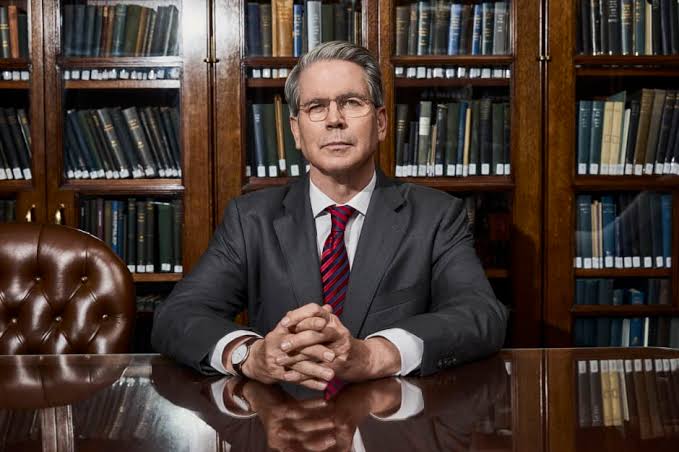
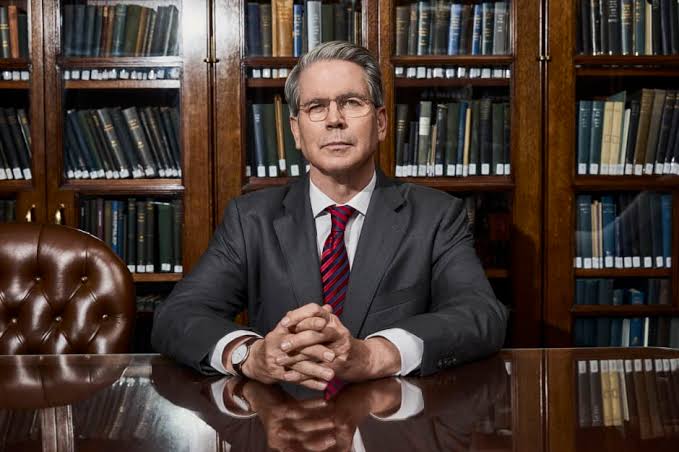
Fed Chair Nominee Bessent + Treasury Secretary Bessent
We do believe that the spirit of the 1st Fed Chairman Eccles would approve & bless this. And we would be able to write in 2030 the President Trump revived America to the FDR-achieved level in the world.
Send your feedback to editor.macroviewpoints@gmail.com Or @MacroViewpoints on X.

